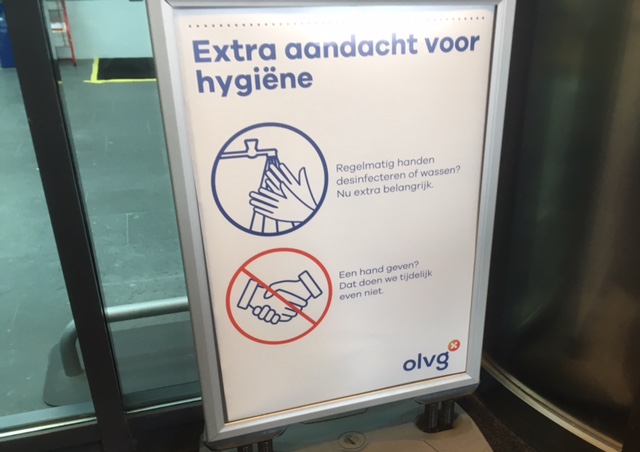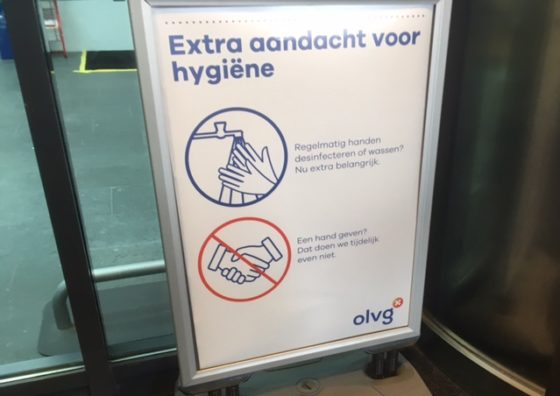Hospitals under strain again after coronavirus patients moved from Zwolle


Three coronavirus patients were transferred from a hospital in Zwolle to Rotterdam at the weekend amid warnings that the health service will struggle to cope with a winter wave.
The Isala hospital said it had had to cancel 20 operations this week that had already been postponed once when regular care was scaled back to make room for Covid-19 patients.
There are currently 25 patients being treated for coronavirus in the hospital, five of whom are in intensive care, compared to five patients in total at the start of October. Around 90% of people being admitted are unvaccinated, manager Ina Kuper told De Stentor.
Half the patients are from Staphorst, a Bible Belt village where 52% of people over 12 are fully vaccinated, compared to a national average of 81%.
‘We know that there could be a new peak in patients. That’s what we’re anticipating,’ Kuper said. ‘The influx is no so great that we are having to transfer patients.
‘It’s around two weeks ago that we did away with the 1.5 metre rule. There is a lot more contact than before, and it’s combined with the low vaccination level in some places in our region.
‘We cannot emphasise the importance of vaccination enough. People who are unvaccinated are more seriously ill, have to go to hospital sooner and spend more time there.’
Across the country the number of patients has gone up from 422 to 546 in the last two weeks, a 29% increase, while positive tests have increased by more than 50% in the past week.
Jaap van Dissel, the public health agency RIVM’s head of infectious disease control, said there was likely to be a winter peak in hospital and intensive care admissions, but the Outbreak Management Team was not advocating new restrictions at this stage.
‘Infections mean something very different now from last year,’ he said. ‘The infections being reported come from a mix of various different groups, which makes it difficult to predict what will happen with admissions. In that sense it’s not clear if we should be concerned now or not,’ he told NOS.
‘People like to look far ahead, to April for example, but in practice we look two or three weeks ahead, take steps and make judgments.
‘Sometimes the outlook is good and sometimes it’s bad. One significant uncertain factor is the seasonal effect: the weather is difficult to predict.’
Thank you for donating to DutchNews.nl.
We could not provide the Dutch News service, and keep it free of charge, without the generous support of our readers. Your donations allow us to report on issues you tell us matter, and provide you with a summary of the most important Dutch news each day.
Make a donation